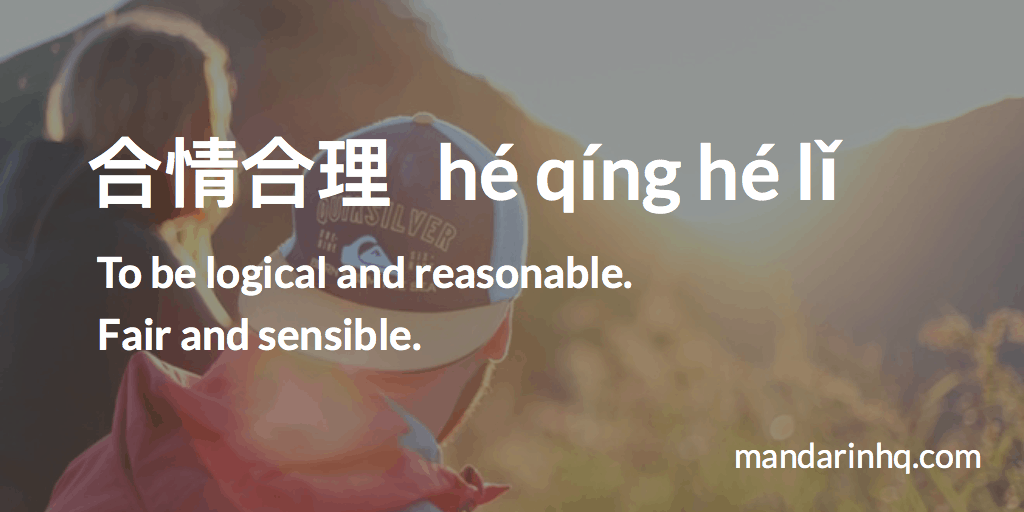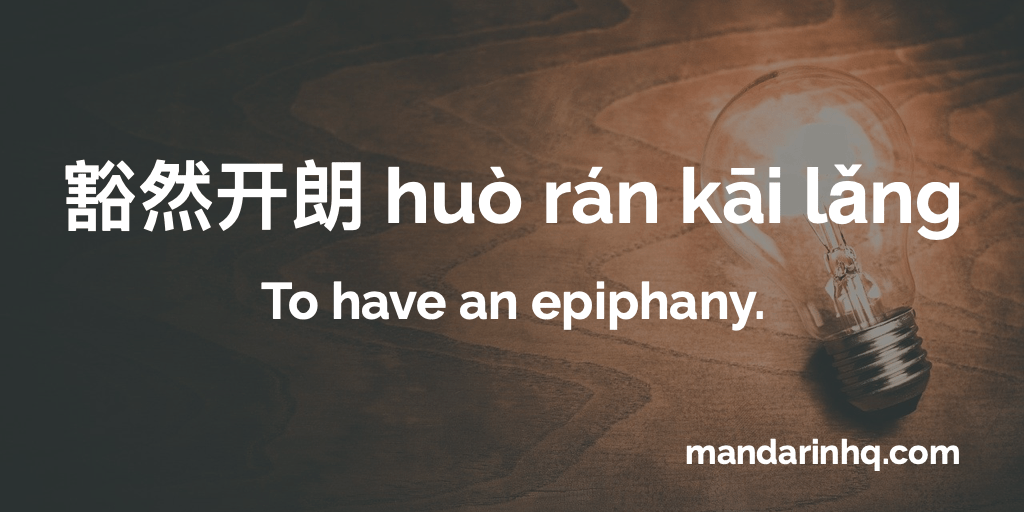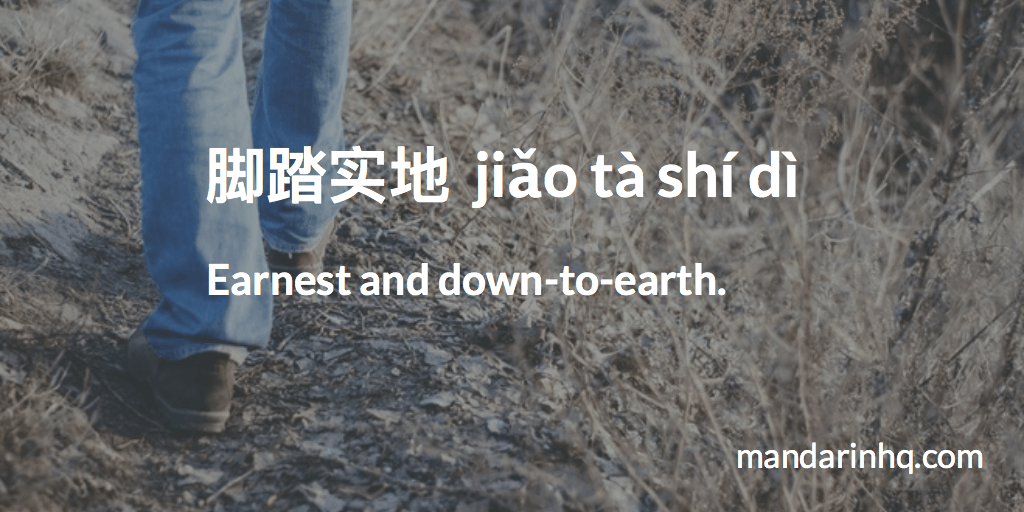This is part 5 of a 10 part series in which you'll learn a total of 60 Chinese idioms!
How do you say that you had an "epiphany" in Chinese? And which idiom can you use to describe someone who is "earnest and down-earth"?
These are some of the popular 成语 (chéngyǔ) we'll cover in today's lesson.
Let's get started!
Useful Chinese Idioms [28-33]
刮目: 用新的眼光。
guā mù: yòng xīn de yǎn guāng.
guā mù: to bow one's head.
相看:看待。
xiāng kàn:kàn dài.
xiāng kàn:to look at one another.
Example:
他的成就让很多人刮目相看。
tā de chéng jiù ràng hěn duō rén guā mù xiāng kàn.
His achievement made many people look at him with new eyes.
脚:你的双脚。
jiǎo : nǐ de shuāng jiǎo.
jiǎo: Your feet.
踏:踏在,站在。
tà: tà zài, zhàn zài.
tà: To step on, or stand on sth.
实:真实的,坚实的。
shí: zhēn shí de, jiān shí de.
shí: Real or solid.
地:土地。
dì: tǔ dì.
dì: Earth / ground.
Example:
我们应该脚踏实地地工作。
wǒ men yīng gāi jiǎo tà shí dì de gōng zuò.
We should have an earnest and down-to-earth attitude towards work.
You might also find these posts interesting:







